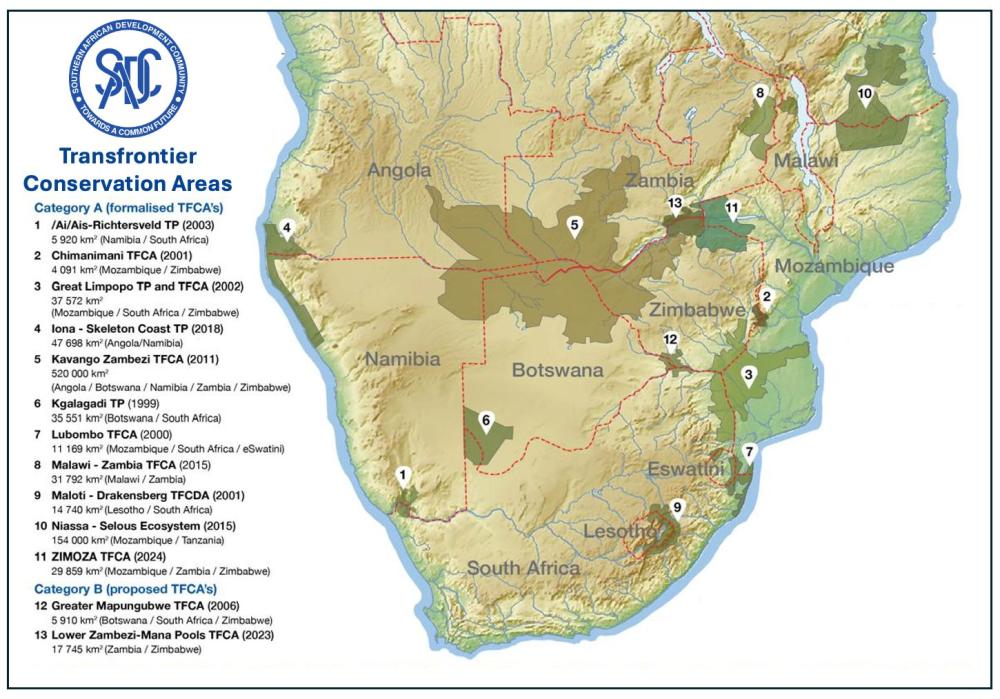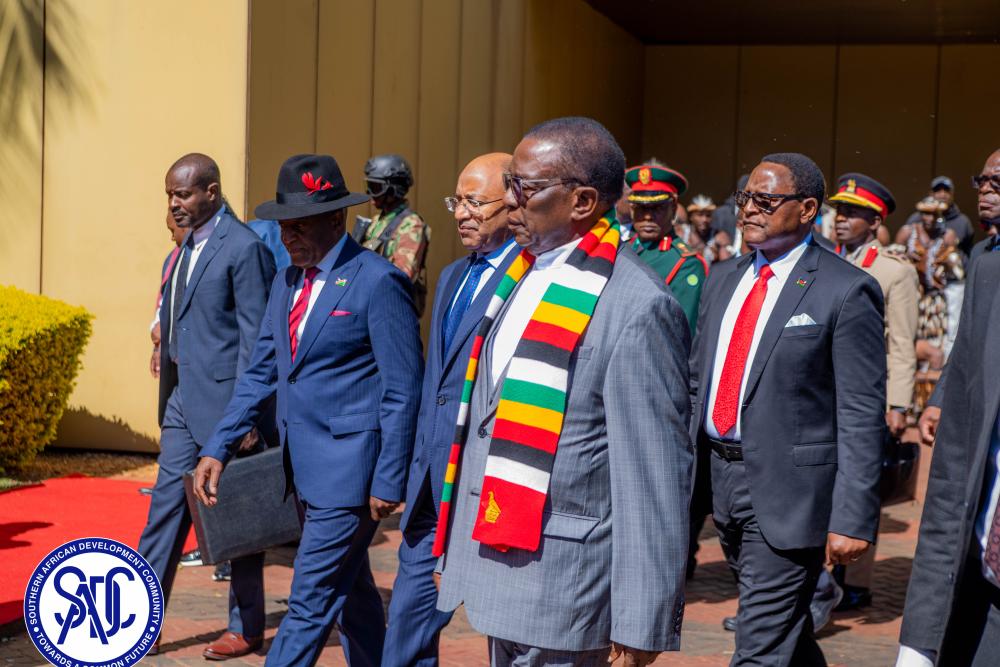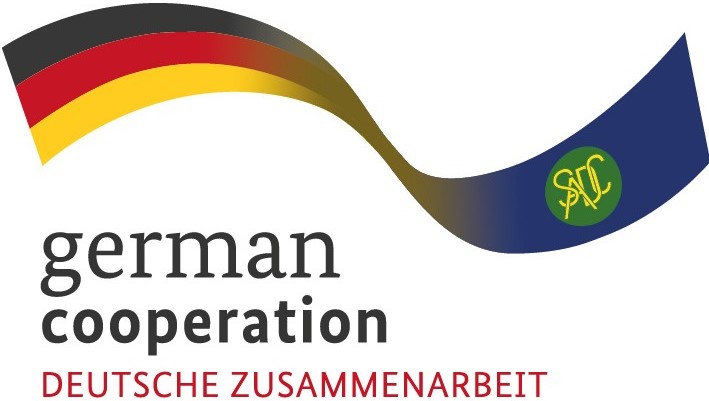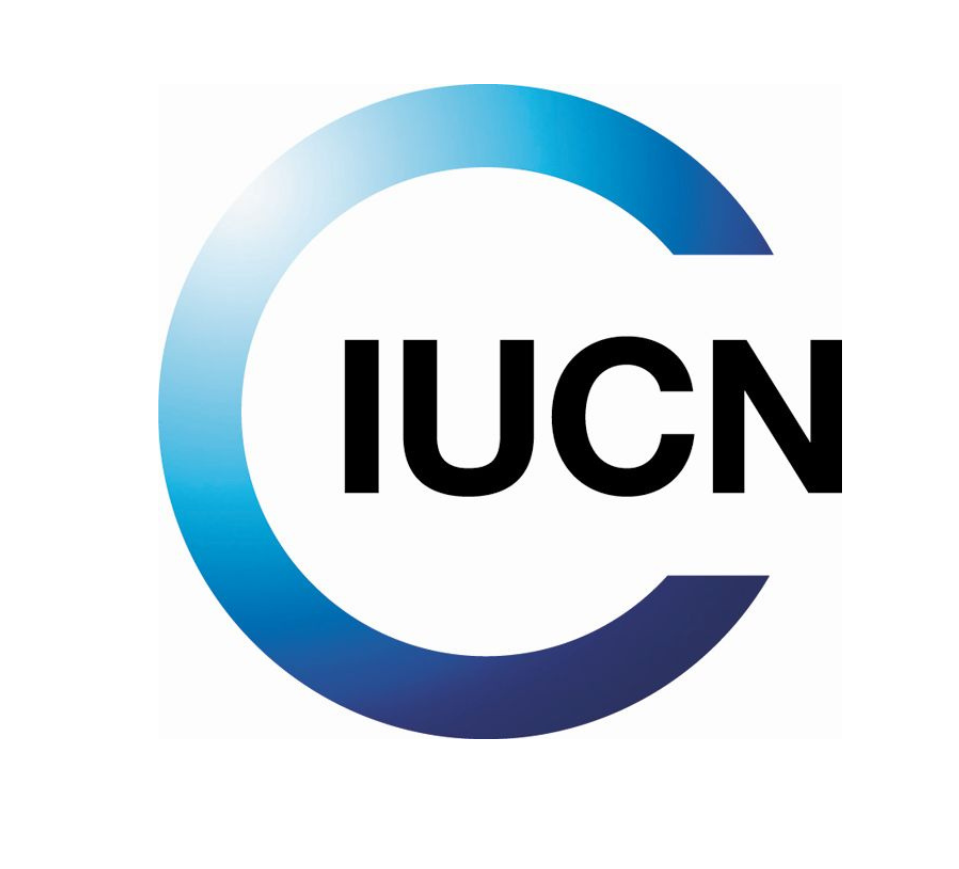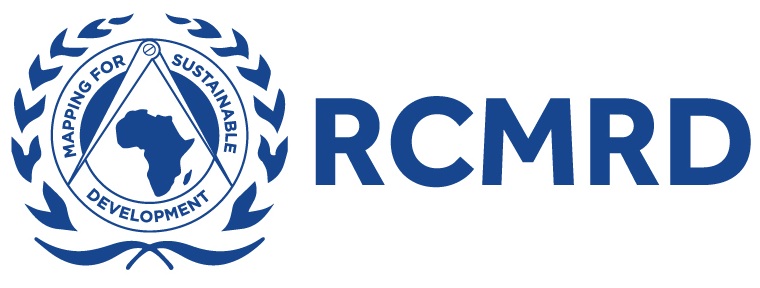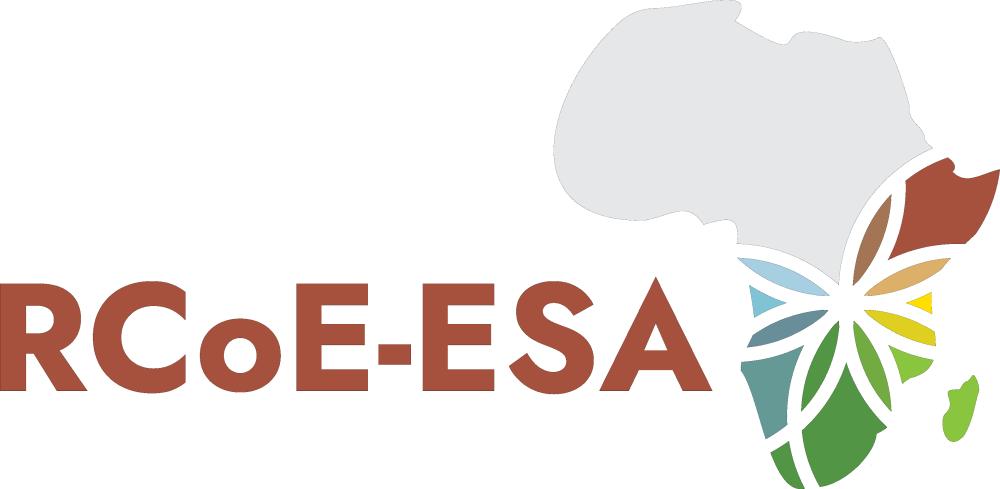 Translate
Translate
Transfrontier Conservation Areas
The TFCA Network
The SADC TFCA Network is a community of practice that brings together professionals working in Transfrontier Conservation Areas (TFCAs) across a wide range of sectors contributing to SADC's regional sustainable rural development programme.
Recognising the shared challenges faced by TFCAs and aligned with the SADC TFCA vision, the Network was established on 25–26 September 2013 in Johannesburg, South Africa, by TFCA coordinators, representatives from international NGOs, and practitioners from the SADC Member States.
The Network aims to address several key common challenges, including:
- Strengthening governance through improved policies, legislation, and institutional frameworks
- Developing sustainable financing mechanisms for TFCAs
- Demonstrating the value of TFCAs at local, national, and regional levels—for example, by enhancing community benefits and supporting capacity development.
Become a member of the TFCA Network and join a vibrant community of like-minded professionals. Click here to join now!
Gallery
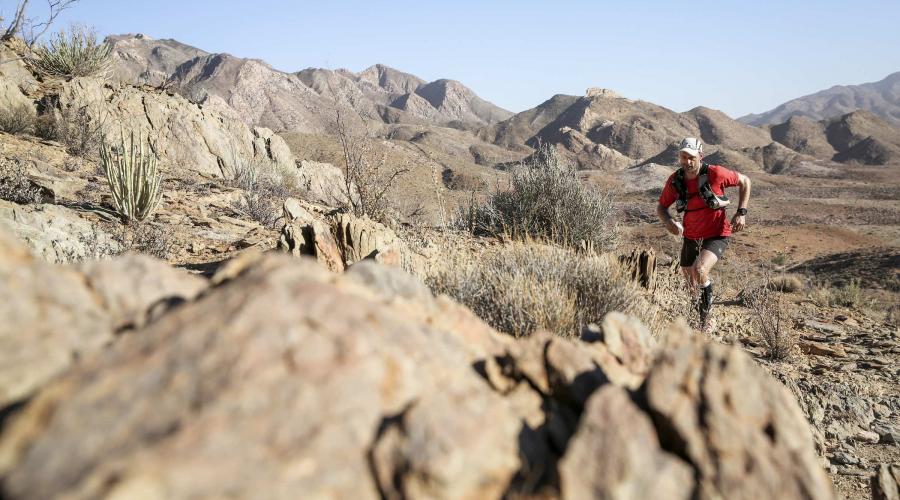
Upcoming events
Want to see your events here?
Click here to add your events to the TFCA calendar.Recently added jobs
List your job for free
Add your job listing to the TFCA website and reach a community of professionals in your field.Recently added to the Repository
Visit a TransFrontier Conservation Area today


News

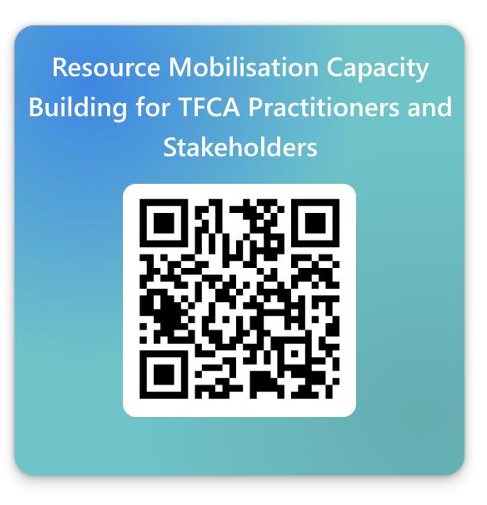
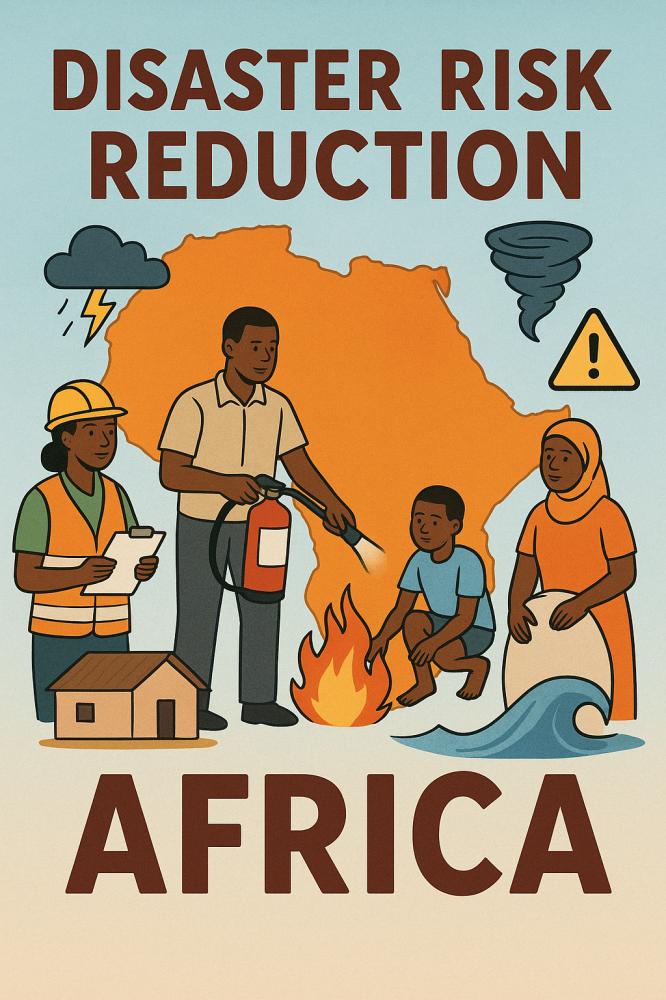
More news
Want to see your news here?
Click here to add your news to the TFCA website.Visit a TransFrontier Conservation Area today


The TFCA Network
The SADC TFCA Network is a community of practice that brings together professionals working in Transfrontier Conservation Areas (TFCAs) across a wide range of sectors contributing to SADC's regional sustainable rural development programme.
Recognising the shared challenges faced by TFCAs and aligned with the SADC TFCA vision, the Network was established on 25–26 September 2013 in Johannesburg, South Africa, by TFCA coordinators, representatives from international NGOs, and practitioners from the SADC Member States.
The Network aims to address several key common challenges, including:
- Strengthening governance through improved policies, legislation, and institutional frameworks
- Developing sustainable financing mechanisms for TFCAs
- Demonstrating the value of TFCAs at local, national, and regional levels—for example, by enhancing community benefits and supporting capacity development.
Become a member of the TFCA Network and join a vibrant community of like-minded professionals. Click here to join now!
News



More news



